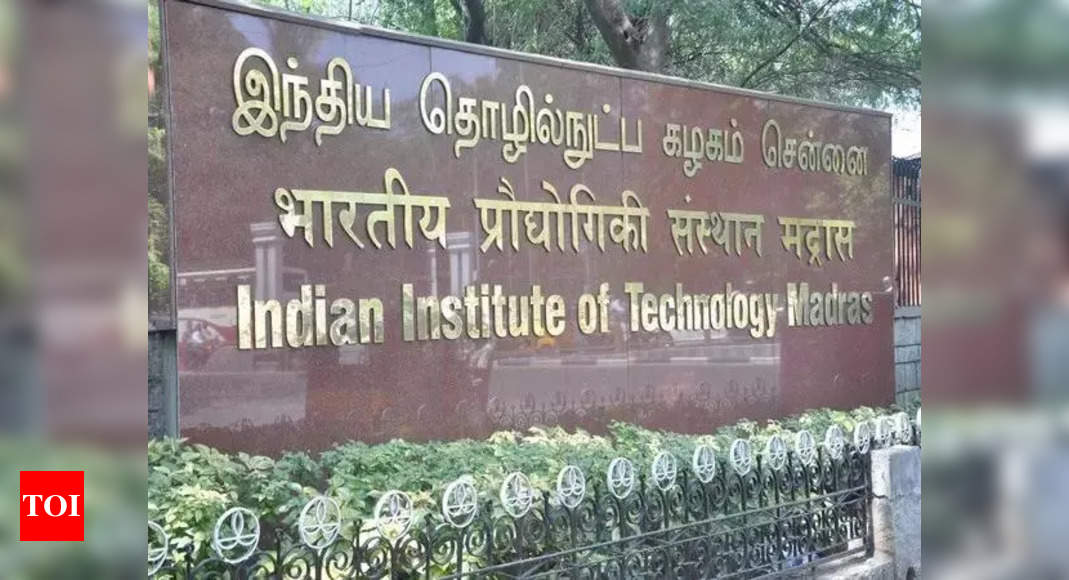
CHENNAI: Indian Institute of Technology Madras (IIT Madras) on Tuesday released the most detailed 3D High-Resolution images of the fetal brain.
This pioneering work from the Sudha Gopalakrishnan Brain Centre of IIT Madras pushes the frontiers of Brain Mapping Technology and places India in the global league of brain mapping science as this is first-of-its-kind work anywhere in the world.
This work would advance the field of Neuroscience and potentially lead to the development of treatment for health conditions affecting the brain.
This monumental work is the first time such advanced human neuroscience data has been produced from India. The project was done at less than 1/10th of the costs in Western Countries.
The research was undertaken by a multidisciplinary team at IIT Madras with researchers from India, Australia. U.S., Romania and South Africa, and medical collaborations with Chennai-based Mediscan Systems and Saveetha Medical College Hospital.
This research, led by Mohanasankar Sivaprakasam, Head of Sudha Gopalakrishnan Brain Centre, IIT Madras, is critical for India as, the country accounts for nearly one-fifth of the world’s childbirths at 25 million each year, as per sources.
This makes it vital for the country to understand the brain development from the fetus to a child, to adolescence, and to a young adult, and developmental disorders like learning disabilities and autism.
This work was supported by the Office of Principal Scientific Adviser to the Government of India, Kris Gopalakrishnan, IIT Infosys. Premji Invest. est, Fortis Healthcare Madras Distinguished Alumnus and Co-Founder, and Agilus Diagnostics. NVIDIA, the leading Al company, partnered with the Centre to help process these petabytes of brain data.
The key applications of generating such high-resolution brain images are advancements to current fetal imaging technologies, for early diagnosis and treatment for developmental disorders.
These findings of this Research have been accepted for publication as a Special issue by Journal of Comparative Neurology, a century-old peer-reviewed systems neuroscience journal.
Indian Institute of Technology Madras (IITM), the top ranked premier technology institution in India, launched its cutting-edge Sudha Gopalakrishnan Brain Centre in 2022 to power a large-scale multi-disciplinary effort in the fields of science, technology. computing and medicine and to map numan brains at cellular level. Its vision is to become a globally leading R&D centre for human brain research with transformative impact in neuroscience and neurotechnologies.
The Centre has developed a world-class high-throughput histology pipeline that processes whole human brains info high-resolution digital images at petabyte-scale.
These unique first-in-class data sets of human brains of different types and ages provide an unprecedented high-resolution view of human brains that reveal cellular level details across the entire brain.
In just two years, the Centre has acquired over 200 brains of different types, ages (fetal, neonate, young adult, adult. old age) and diseases (stroke, dementia) from various medical institutions in the country, and processing them into cellular resolution digital volumes through the Centre’s high-throughput imaging platform.
The Centre is in a unique position to attain global leadership by generating the largest repository of human brain data in the world of various types that will serve as a global reference for decades to come.









